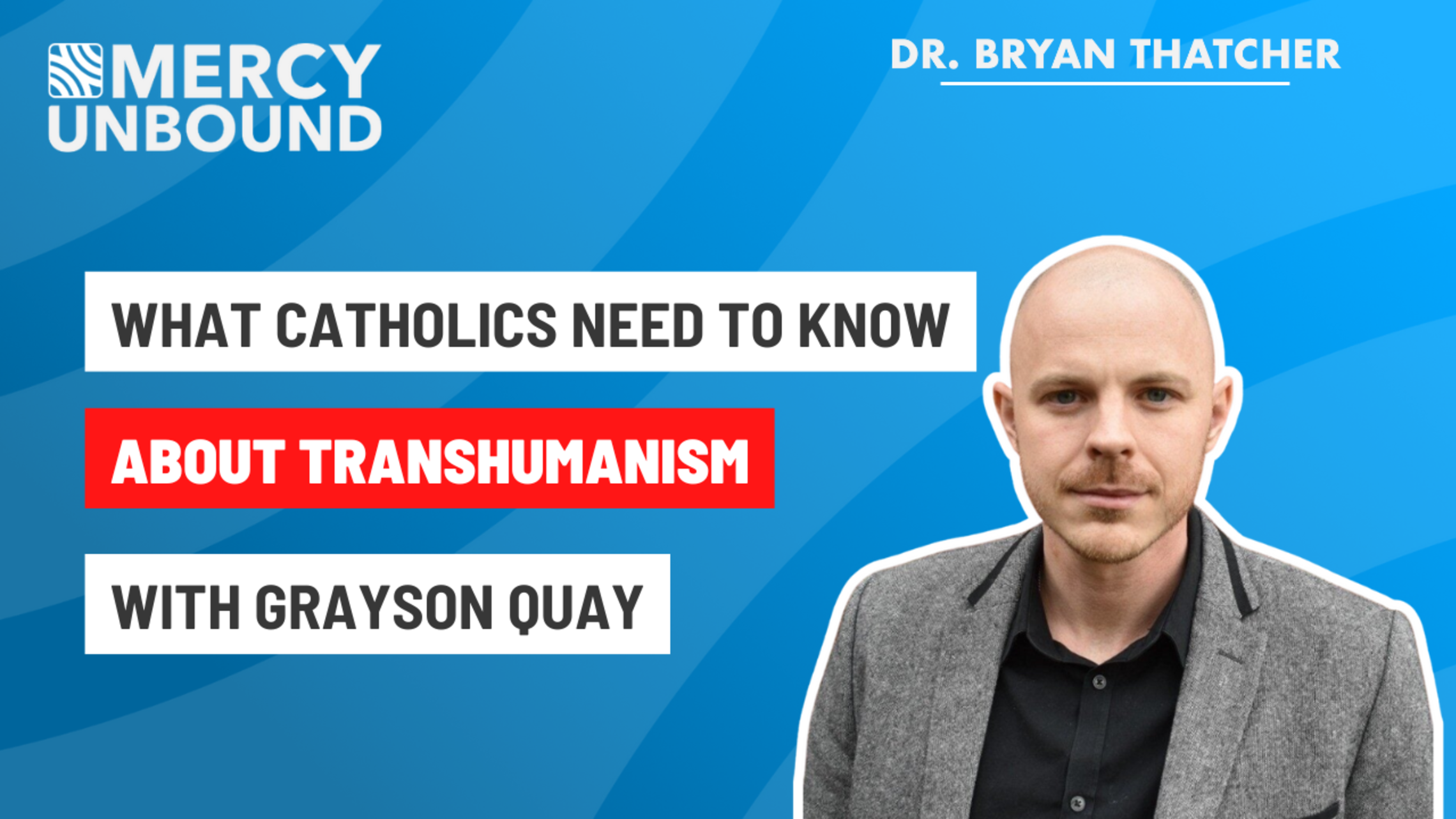Episode 140, A New Year’s Message on the Divine Mercy as a Way of Life from Dr. Bryan Thatcher
As a new year begins, allow me to share my reflections on the profound nature of God's mercy. His mercy extends beyond His love for us to encompass our love for one another, as depicted in the symbolism of the Cross – one beam representing God's love (vertical) and the other our love for each other (horizontal).
Embracing God’s Love Actively
While many are familiar with the devotional aspects of Divine Mercy, such as prayer, Feast Day celebrations, and home images, the message challenges us to embrace and share God's love actively. Central to living this message is forgiveness, a challenging yet critical element. God's readiness to forgive, despite hating sin, inspires us to resemble Him by forgiving others. Forgiveness, though difficult and not erasing memories, is essential for spiritual progress.
Pivotal Trust in God during Trials
Trust in God, especially during trials, is pivotal. Acknowledging His presence in challenging moments and doing our best to accept and align with His Will leads to increased graces. Even amid difficulties, trust in His constant presence, illustrated by Saint Faustina's teachings, is crucial.
Suffering, a part of the human experience, can draw us closer to God's heart. Saint Faustina emphasized that through suffering, love crystallizes, becoming a source of great grace.
He Must Increase, We Must Decrease
In our journey, we're called to be kinder, gentler, and more loving, echoing the sentiment of "He must increase, and we must decrease." Saint Faustina's life exemplifies that deeds of mercy are not optional; they are demanded of us. Stepping out of our own concerns to meet the needs of others fosters spiritual growth and reflects the image of God's mercy.
As we embark on this new year, let us commit to living the Divine Mercy not merely as a concept but as a transformative way of life.



